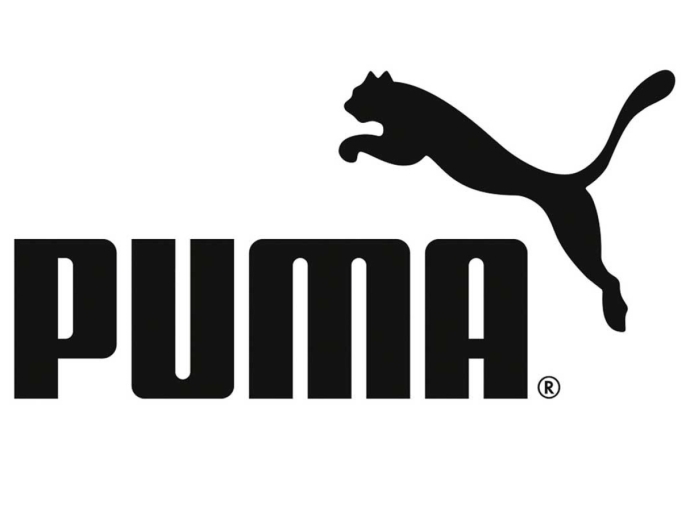According to a SBI Research report, hiking import duties may lead to inefficiency. The central government had recently hiked import duties on a slew of products to boost local manufacturing Since the beginning of 2000, successive governments have been eyeing a quarter of the GDP to come from manufacturing by 2025 but not much has moved in that direction.
Between 2004 and 2017, the incremental gain in the country’s manufacturing global share is a low 1.5 percentage points to 3 per cent, while China has gained a whopping 18 per cent share, SBI Research said in a report on Monday.
The report also noted that even with such a negligible gain, the country is the sixth-largest manufacturing economy globally, controlling 3 per cent of global output. A mere 1 per cent hike in import duties leads to a USD 2 billion worth decline in imports on average, the report said.
In the export basket, the highest share is of consumer goods, followed by intermediate goods and these two attract the highest tariffs in the import basket, thus making a case against the fact that higher import tariffs have not protected these industries, according to the report.
On the contrary, the report said, other countries with much lower tariff structures than ours have built strong manufacturing bases, which have helped them in exports. High tariffs are impacting the country’s position in global value chains, wherein both backward and forward integration is needed.
Though our higher import duties are primarily due to poor forward supply chain linkages, it can actually boomerang on us creating a self-sustaining manufacturing base. This is because only by enhancing manufacturing competitiveness, we can increase our exports and not by raising tariffs, it noted.
Further, the report said successive data-prints show manufacturing production growth has been dismal in the late 1990s through the early 2000s.


_thumbnail.jpeg)






















